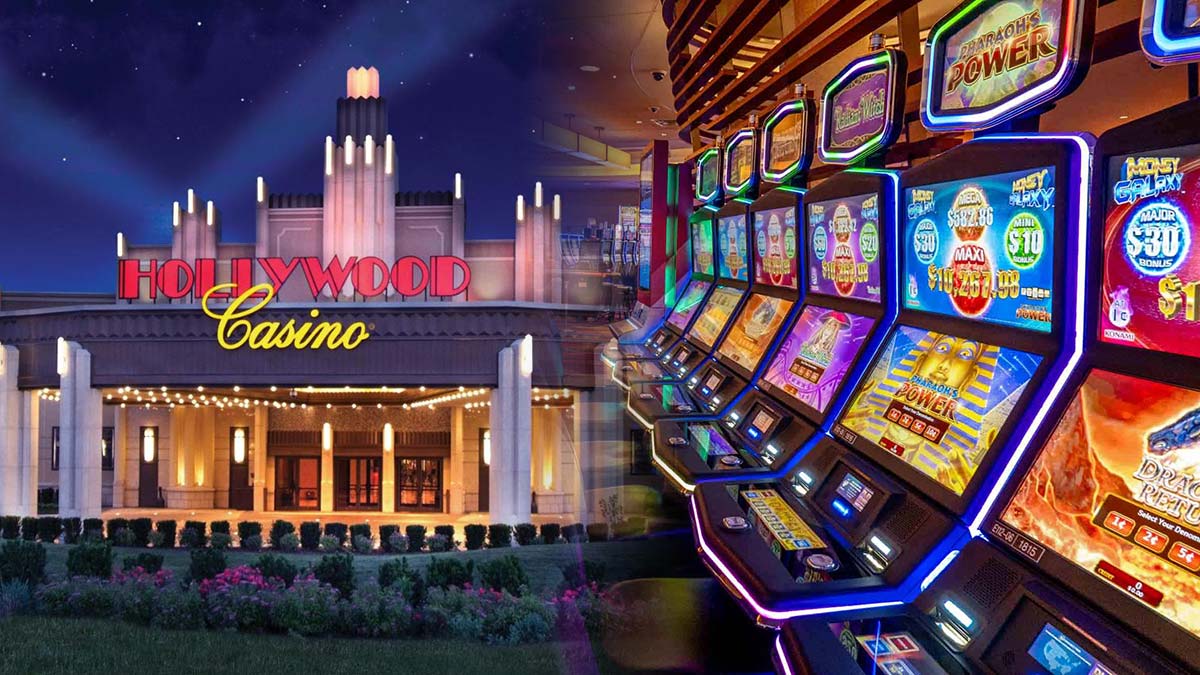
Casino entertainment have long been a staple in human culture, delivering not just entertainment but a captivating reflection of our aspirations, dreams, and fears. From the turning reels of a slot machine to the strategic gameplay of poker, these games represent a range of human emotions and events. At their core, casino games are more than a chance to make profits; they are a reflection of life itself, where risk versus reward intertwine and fate can change in an moment.
As players gather around tables or sit in front of brightly lit machines, they engage in a tradition that transcends mere gambling. These games mirror our innate desires for social interaction, thrill, and the pursuit of luck. They also unveil deeper truths about human nature, such as our relationship with fate and the excitement of risk. In exploring casino games, we discover not only the rules of play but also the rich tapestry of the human experience, showcasing our intertwining narratives of goal and reality.
The Psychology of Gambling
Gambling is deeply rooted in the psyche of individuals, appealing to various emotions and desires. The thrill of taking risks is a core aspect that attracts participants, be it the thrill of spinning a roulette or the anticipation of drawing a winning hand in poker. This rush of adrenaline is frequently likened to other forms of excitement, as the uncertainty of outcomes elicits a unique psychological response. Players often find themselves entranced by the possibility of striking it rich, leading to an almost magnetic draw toward casino games.
Additionally, a crucial component of the psychology behind gambling is the concept of optimism and aspiration. Participants often nourish fantasies of financial freedom and the opulent lifestyle that can follow winning. This hope fuels their continued participation in gambling, as it provides a sense of meaning and the belief that a transformative win could be just one wager away. The narrative of beating the odds and achieving success resonates with many, strengthening their dedication to play and engage with these games.
Finally, social aspects play a significant role in gambling psychology. Gambling venues are designed to promote social interaction, where gamblers gather to share the journey of wins and losses. This shared aspect not only enhances enjoyment but also influences behavior, as individuals often imitate the actions of others around them. The collective approval found in shared excitement can enhance the emotional experience, making casino games a mirror of not just personal desires but also collective engagement within the gambling community.
## The Dual Nature of Risk and Reward
Casino games embody the fragile balance between risk and reward that resonates deeply with the human experience. The excitement of placing a wager is often accompanied by a surge of excitement, as players are confronted with the chance of a huge payout, yet fully aware of the risk to suffer losses. This dual experience reflects a core aspect of life: the decisions we face often come with inherent risks, and the quest for benefit can push us to make risky moves we might not otherwise consider. In this way, casino games mirror real-world choices, enticing gamblers to gamble not just their funds, but also their hopes.
The allure of grand jackpots and payouts fuels a sense of optimism, inspiring gamblers to imagine a brighter future that could manifest from a fortunate turn of the roulette or turn of a card. This optimism can drive individuals to engage in more daring actions, pushing them to take greater risks in search of monetary success. However, just as in life, the outcomes of these risks can lead to both victory and failure. The narratives of both jackpot winners and those who have faced losses everything at the tables demonstrate the unpredictable nature of luck and its significant impact on our lives.
Ultimately, the experience of engaging with casino games serves as a strong reminder of the human condition. Every game played is imbued with the tension of risk, as players weigh the gains against the risks. This balance not only highlights the thrill that comes with gambling but also reveals the vulnerabilities that come with the desire for more. As we navigate the challenges of decision-making and results in both the gambling world and in life, we find that the search for benefit shapes our character and journeys in deep ways.
Culture and Loneliness in Casino Culture
Gambling environment is a distinct mix of social interaction and personal pursuit, reflecting the tensions of human experience. Players often gather around games, experiencing in the thrill of the action, rejoicing in wins, and sympathizing over losses. This social aspect is crucial, as it creates a sense of belonging and camaraderie among diverse groups of individuals. Regular attendees to casinos may build friendships and establish routines, turning the gambling venue into a alternative home where they feel connected to a greater community of gamblers. kèo nhà cái
However, the attraction of casino games can also lead to isolation. As individuals become immersed in the excitement of gambling, they may withdraw from personal connections or fail to engage with the environment outside the gaming space. For some, the pursuit of a jackpot can distract from real connections, leading to loneliness. The experience of being among others yet experiencing solitary is not uncommon, as the attention shifts from collective fun to the private stakes of each individual’s path.
This interaction of community and solitude creates a vivid tapestry that defines gaming culture. It showcases the complexity of human interactions, where joy and sorrow coexist. Gambling venues serve as both a sanctuary for social engagement and a stage for individual challenges, demonstrating how deeply entwined our desire for connection and the personal quest for wealth can be. In navigating this landscape, gamblers confront their own stories—seeking both the thrill of the game and the companionship of fellow gamblers, ultimately reflecting the broader spectrum of human experience.
